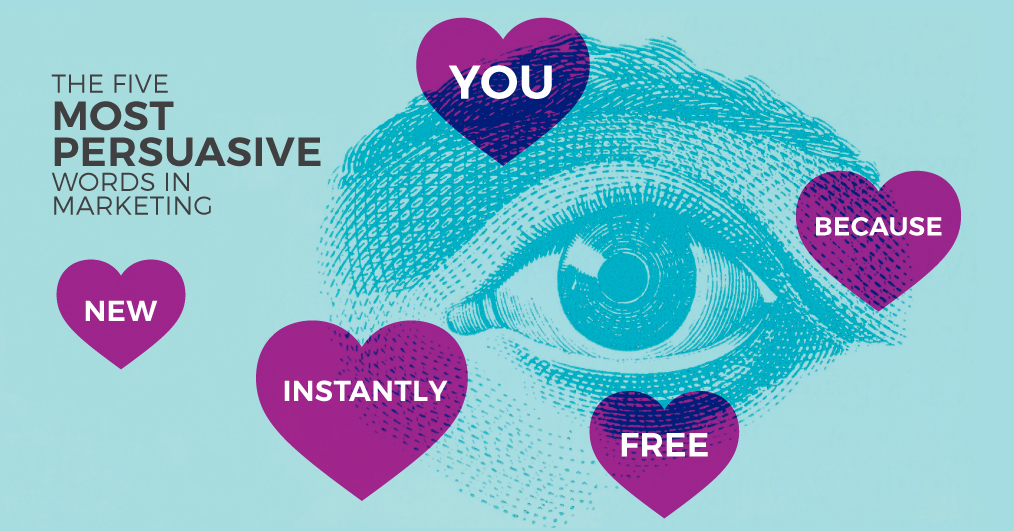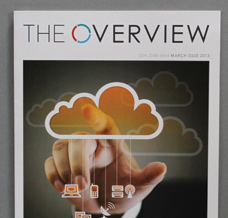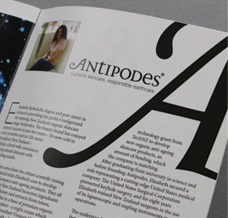Google Adwords is one of best ways to quickly test and see the effectiveness of different words in marketing campaigns. A straightforward advertising campaign with identical keywords and the same target audience, split tested between two ads with the same offer or message but with slightly different wording in each, can yield very different levels of success. Simply by changing a single word, or even the punctuation around the word to add emphasis, can make the difference between the success or failure for an advertising campaign.
There are a plethora of resources which point to what are considered the 5 most persuasive words in the English language. When used in a considered way across marketing campaigns against other less influential alternatives, research shows they do prevail and gain a better response.
Here are the words:
You
Everybody likes to be the focal point of conversation and so ‘You’ sentences command attention as the reader is being addressed directly. The only time you can trump this is when you are able to address the reader with his or her name.
Free
Free will always get a good response. It may not always be the best method though. You tend to get a much wider spectrum of people who respond and the list you generate from a ‘free’ promotion may be full of low value bargain hunters who are less likely to spend with you and become valuable customers.
Because
Adding reason to marketing copy gives a much stronger result. If you are asking someone to take some action, adding a ‘because’ statement will result in more people taking action because we as humans generally like to have reasons for what we do. The book Influence by Robert Cialdini devotes a chapter to this effect and found through multiple experiments that citing a reason, even if the it was vague and rather pointless, still gave a better response than a request without any reason.
Instantly
We live in a world of instant gratification and being able to offer something that will provide a reward for a simple action within moments of making that decision will improve response. MRI studies have shown that our frontal cortex goes into a hive of activity when we envisage instant rewards. Being able to offer ‘instant access’, ‘instant results’ or ‘instant relief’ sends a direct message to our brains and creates a barrage of ‘want’ signals we find hard to ignore.
New
Novelty and newness sends our brains into another state of hunger and need. Most people love shiny new objects and whilst they also cherish old, trusted and proven solutions if you can enhance these strengths with ‘new’ features such as, improved results, higher quality, better flavor, the lure of new is a strong asset in your marketing copy.
Research that dates as far to the fifties has shown over and over that these words work when used in marketing and advertising copy. You can start to introduce them in calls-to-action, headlines, email subject lines, headings, opening sentences and long form sales text. They are very useful components in the Attention and Desire segment of a marketing message that includes the four key components of Attention, Interest, Desire and Action.
In 1962, Time magazine called David Ogilvy “the most sought-after wizard in today’s advertising industry.” Ogilvy created some of the world’s most successful and iconic marketing campaigns. He first published a list of influential words for sales and marketing in 1963 and many remain effective and are often used in copy with continued success today.
These words will typically work well across headlines, bullet points, subject lines. They will work across all types of media so social media posts, Google ads, Facebook ads, emails and printed ads can all be improved with the careful addition of these words:
- Suddenly
- Now
- Announcing
- Introducing
- Improvement
- Amazing
- Sensational
- Remarkable
- Revolutionary
- Startling
- Miracle
- Magic
- Offer
- Quick
- Easy
- Wanted
- Challenge
- Compare
- Bargain
- Hurry
Look for ways to introduce these powerful words across your future and existing marketing assets. If you have a series of existing adverts and leaflets that could do with a quick overhaul, look for opportunities to include these words and if possible measure the difference they make in the response you receive.
As mentioned at the start of this article, Google Adwords is probably the fastest way to test their effectiveness so revisiting your existing paid Ads and introducing the words above can give you an instant lift in results and conversions.





